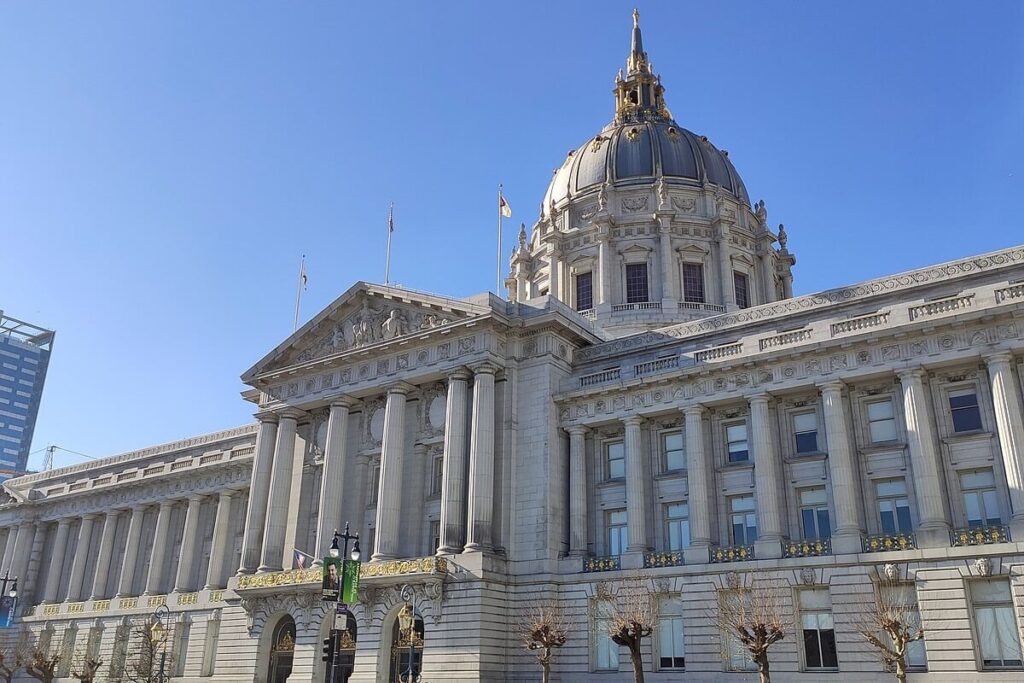
San Francisco’s youth and family nonprofit, Collective Impact, has narrowly avoided a ban on city contracts despite its involvement in a bribery and corruption scandal. An administrative law judge, Andrea McGary, ruled late at night, allowing the nonprofit to resume receiving public funds. This decision has sparked significant controversy, particularly given that McGary announced it before reviewing “critical” information deemed necessary for the case.
The city attorney’s office immediately criticized McGary’s ruling as “bizarre” and announced plans to appeal. Jen Kwart, representing the city attorney’s office, expressed disbelief, stating it is “absurd anyone would think Collective Impact is a responsible contractor that can be trusted with public money,” as reported by the SF Chronicle.
The scandal surrounding Collective Impact involves allegations of misusing city funds and bribing city officials, including Sheryl Davis, the former head of the San Francisco Human Rights Commission. Both Davis and James Spingola, the recently resigned executive director of Collective Impact, reportedly benefited from the nonprofit’s resources, utilizing funds for personal projects such as Davis’s book promotion and podcast expenses.
Controversy Over Contractual Reliability
These allegations led the city to sever ties with Collective Impact, resulting in the cancellation of five contracts over conflict of interest concerns. The ruling by McGary has added to the already contentious atmosphere, especially since it lacked a detailed analysis or clear rationale. City officials expressed their astonishment at the decision, noting that it failed to adequately consider all evidence presented, a point underscored by the SF Chronicle.
The Dream Keeper Initiative, overseen by Davis, aimed to direct funds into San Francisco’s Black community but has since been embroiled in financial mismanagement. An audit revealed at least $4.6 million in misallocated or misused funds, further complicating Collective Impact’s standing. As a significant beneficiary of this initiative, the nonprofit now finds itself entangled in a monetary controversy that raises questions about its future as a reliable contractor for the city.
As the legal battle unfolds, the implications of McGary’s decision and the subsequent appeal by the city attorney’s office will undoubtedly influence the operational landscape of nonprofits in San Francisco, especially those engaged with public funds.





